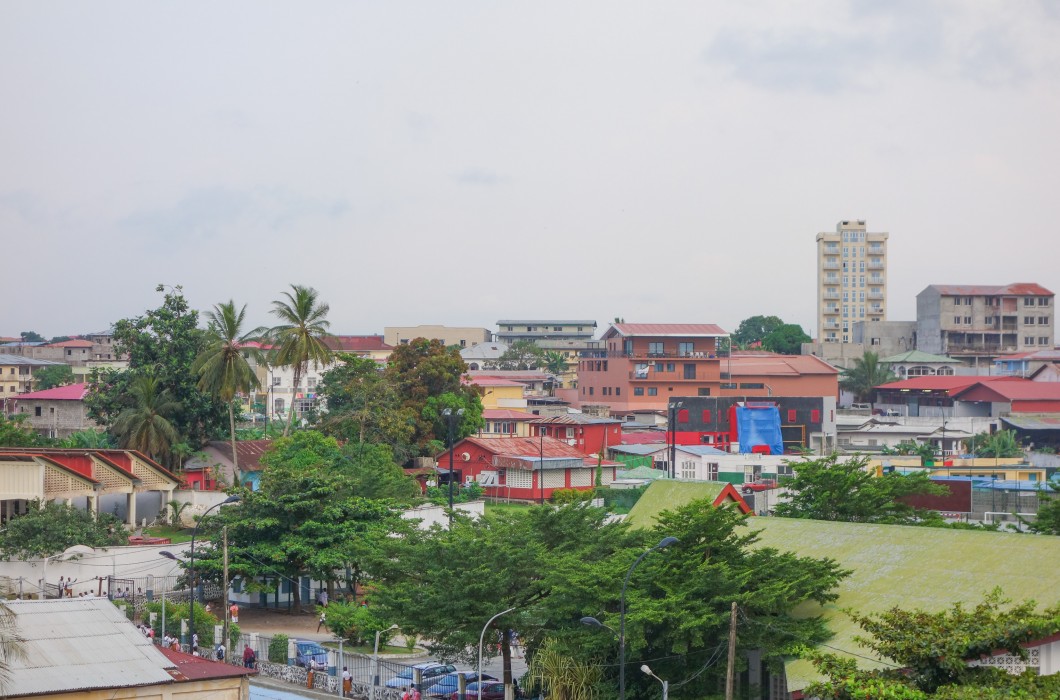client
The World Bank
project Description
Like several Sub-Saharan African countries, the energy sector in the Republic of Guinea is underdeveloped and has a low rate of access to electricity. In its March 2012 Energy Sector Policy Letter, the Government of Guinea recognized the role of energy as a prime mover for socio-economic development and clearly expressed its commitment to developing this sector in the short to medium term.
Since then, with financial support from the World Bank and the French Development Agency (AFD), the Government of Guinea has conducted a comprehensive diagnostic study on the energy sector, which identified the top priority actions to take to improve the overall performance of the sector and the performance of electric utilities in particular. The study findings led to the development of a power sector recovery plan to be implemented in the coming years. In the meantime, a SE4All project was launched in 2014 to develop an investment prospectus to provide guidance to the upcoming project development related to power generation, transmission and distribution. In this context, the Government of Guinea intended to design and implement a Monitoring and Evaluation (M&E) system to track the implementation of all power-sector recovery projects and electricity access program activities as part of the same platform.
Highlights
In February 2015, the World Bank mandated Econoler to design a centralized modern M&E system to help speed up the implementation of the overall electricity access program and the power-sector recovery plan of the Government of Guinea in particular. This tool is needed by decision-makers at different levels of administration to track the progress in implementing the projects and programs in the energy sector at any given point in time.
More specifically, the Econoler team carried out the following activities as part of this assignment:
- In collaboration with local stakeholders, define the key quantitative and qualitative indicators and parameters to be used in monitoring and evaluating the progress in implementing the power-sector development plan.
- Undertake a comprehensive residential energy survey of approximately 4,000 households nationwide to establish a detailed energy-profile baseline of Guinea’s residential sector, including creating a geographic information system (GIS) database and map of the data collected.
- Develop an efficient and cost-effective web-based M&E system to be used by various energy-sector stakeholders and government bodies for regular data-gathering and monitoring of status indicators of numerous energy-sector development projects’ inputs, outputs, impacts and outcomes.
- Implement the M&E system at different levels (public utilities, ministries, rural electrification agencies, etc.)
- Provide various institutions’ staff with a series of training sessions on the use and upgrading of the M&E system.
Upon completion of this project, the Government of Guinea and the other key energy-sector stakeholders will be provided with a powerful and reliable web-based M&E system to continue to track and assess the implementation of all future power-sector recovery and energy access improvement projects.



